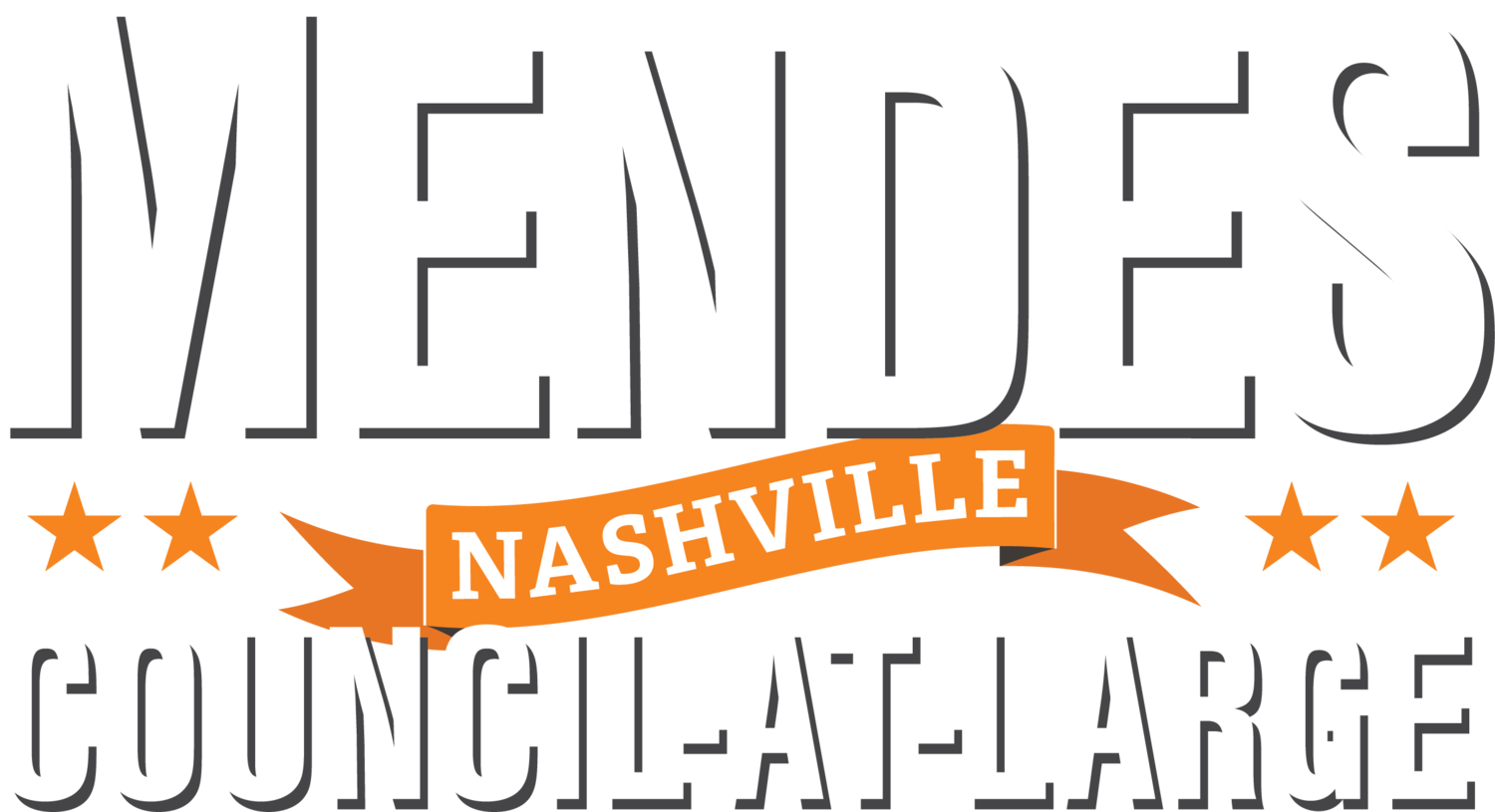"Hold Harmless" Amendment Follow-Up
In my last post, I described the "hold harmless" amendment I am proposing for OTMR. A Google representative promised to get back to me about whether Google would support the amendment. He has now gotten back to me. He reports that Google won't support the amendment.
Here's where I see us on OTMR. As the process has unfolded, it looks like Metro's policy decision, and perhaps the weight of public opinion, is that the city wants to give Google the OTMR that it has asked for, pretty much no matter what.
The goal of my amendment is to protect Metro from the costs and legal fees that we will have if we are drawn into the pending nationwide dispute between major telecommunication industry competitors. The amendment relies on market forces to guide an attacher's decision about whether to agree to hold Metro harmless for litigation costs.
The amendment would require that, if any pole owner or existing pole attacher were to provide notice of a legal dispute over proposed Make Ready work, the new attacher would be able to choose either to: (1) hold Metro harmless for all losses including attorneys’ fees and then proceed with the disputed One Touch Make Ready; or (2) not hold Metro harmless and not proceed with the disputed One Touch Make Ready. This would let the new attacher balance the incumbants' slowness, the specific litigation threat being made, and their own potential cost savings by having faster deployment, and then make an informed business decision about whether the new attacher's own interest is served by holding Metro harmless, or not.
The "hold harmless" amendment does not delay the OTMR ordinance. It relies on market forces to give a new attacher the choice to hold Metro harmess if it makes economic sense for the new attacher.
Let me also say a word about the process so far. While there is a lot of talk about delay, it is important to remember that the only delay so far was for three weeks at the request of the bill sponsors! My issue is that, on a bill drafted and pushed by a single private market competitor, I don't think Metro (whether it's the Council, the Mayor, or the Vice Mayor) should adopt the position that we're going to pass it no matter what. There can be no principled negotiation after you make it clear that you're going to give the private market competitor exactly what they've asked for.
For me, a principled position with Google would have been to dig into whether their number one objective is "obtain faster and cheaper deployment" or "obtain faster and cheaper deployment in an ordinance that guarantees Nashville will join the existing litigation battle." Wanting Metro to have a principled negotiation with Google about this is not being anti-Google or pro-AT&T or pro-Comcast.
Some have been very dismissive of the litigation threat here. I urge you to read the Council Analysis on this topic. I urge you to read a copy of the Louisville lawsuit. Not all litigation threats are created equal. Not all lawsuits are created equal. Here, Legal Director Cooper says the likelihood of litigation is 100%, and we know that a U.S. District Court Judge in Louisville has already denied the city's request to dismiss AT&T's lawsuit there. The argument I hear from some that the Nashville they know isn't afraid of a little 'ole lawsuit is a sloppy one. The Council should be evaluating risk not thumbing our nose at it.
If our collective policy decision continues to be that we want OTMR now, and that we'll sort out the problems later, I'll respect that choice. Until the bill passes, though, I will continue to argue that it is possible to be pro-Google and also still explore whether their real goal is faster deployment or also for Nashville to be pawn in an ongoing litigation fight.
